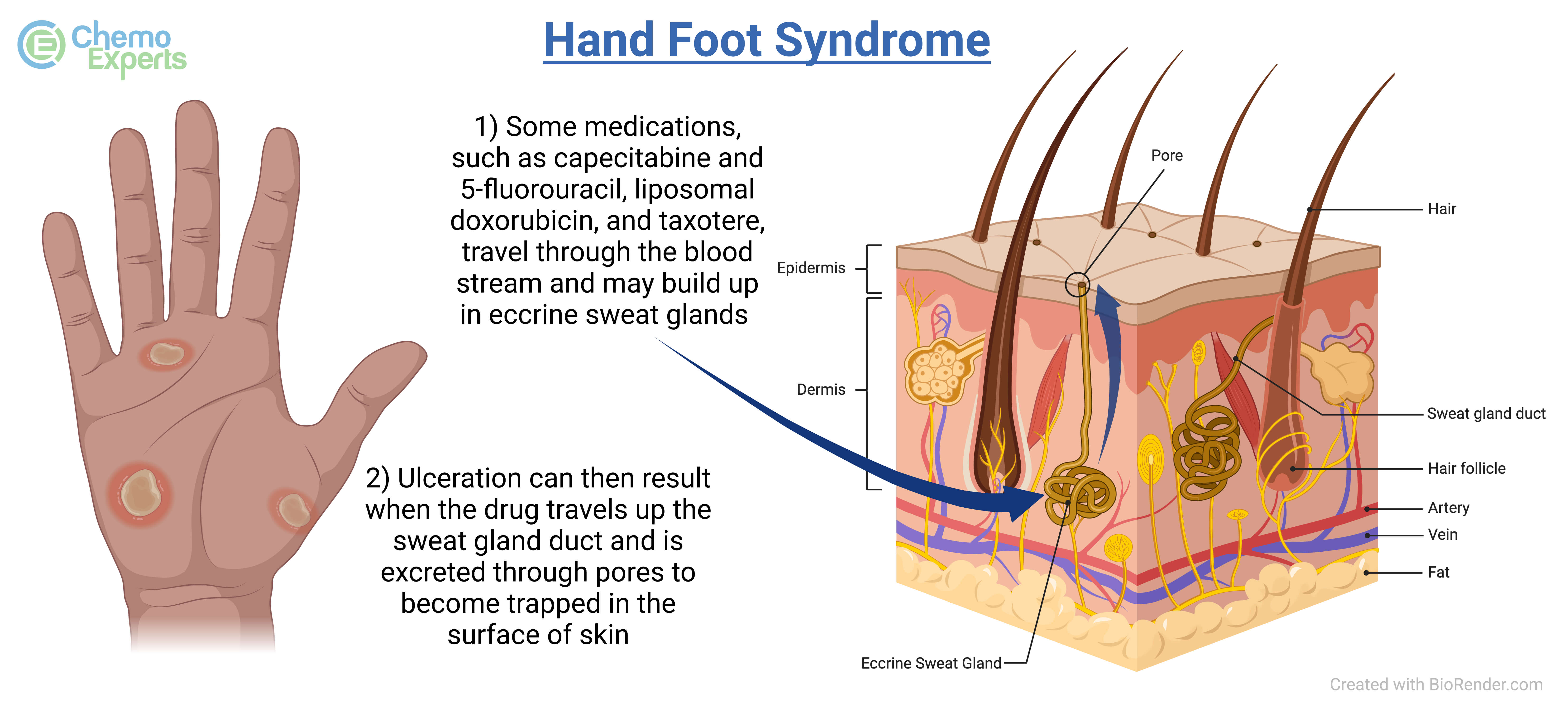Top Dermatology Treatments for Hyperhydrosis of Hands and Feet: What You Need to Know
Top Dermatology Treatments for Hyperhydrosis of Hands and Feet: What You Need to Know
Blog Article
Understanding the Origin Reasons of Excessive Sweating and Its Impact on Every Day Life
While it is generally recognized as a physical action to control body temperature, the triggers for excessive sweating can differ commonly among individuals, incorporating not just physical aspects however mental and likewise emotional components. By delving into the origin triggers of hyperhidrosis and exploring its complex impacts, a deeper understanding of this prevalent problem can be acquired, losing light on the intricacies that individuals grappling with too much sweating navigate on a daily basis.
Physiology of Sweat Glands
The law of sweat production, a critical physiological procedure, is primarily managed by the task of sweat glands distributed across the human body. Sweat glands are classified into two primary kinds: eccrine and apocrine glands.
When the body temperature increases, either as a result of exercise, high temperature levels, or emotional tension, the worried system triggers the sweat glands to generate sweat. This sweat is made up mainly of water and electrolytes like salt and chloride. The procedure of sweat manufacturing is important for keeping the body's inner temperature within a narrow, ideal array, highlighting the critical role sweat glands play in human physiology.
Triggers for Excessive Sweating
In recognizing the root causes of too much sweating, it is vital to determine the triggers that can lead to this physiological feedback. Physical physical effort, high temperatures, and spicy foods are also recognized to set off excessive sweating in people susceptible to this problem.
Moreover, medicines such as some antidepressants, opioids, and particular supplements can likewise act as triggers for hyperhidrosis. Recognizing these triggers is vital in managing too much sweating efficiently - Treatment for hyperhydrosis of hands and feet. By determining and addressing the certain triggers that prompt too much sweating in an individual, doctor can create customized therapy plans to relieve this condition and boost the individual's high quality of life
Medical Issue Associated
Connected with extreme sweating are various medical problems that can exacerbate this physiological feedback. One common condition is hyperhidrosis, a problem characterized by unusually raised sweating that exceeds the body's thermoregulatory requirements. This can show up in focal locations like the palms, soles, underarms, or face, affecting a person's top quality of life due to social humiliation and pain.
In addition, endocrine disorders such as hyperthyroidism, diabetes, and menopausal hot flashes can also result in excessive sweating. Hyperthyroidism triggers an overproduction of thyroid hormones, accelerating metabolism and setting off sweating. Diabetic issues can cause sweating episodes, especially during hypoglycemic episodes when blood sugar levels drop also reduced. Menopausal warm flashes, credited to hormonal changes during menopause, can cause sudden and extreme sweating, typically gone along with by flushing and heart palpitations.
Moreover, infections like hiv, tuberculosis, and endocarditis have been related to night sweats, a common symptom recognized to interrupt sleep and affect total wellness. These clinical problems highlight the diverse variety of underlying aspects that can add to too much sweating, requiring comprehensive evaluation and monitoring by healthcare professionals.
Emotional and Mental Elements

Impact on Social Communications
Excessive sweating can have extensive effects on a person's ability to engage easily in social interactions. site link The visible signs of sweat spots or damp patches on clothing can lead to embarrassment and self-consciousness, triggering individuals to withdraw from social situations. This withdrawal can impact relationships, limitation social tasks, and impede personal and expert development.

Additionally, the anxiousness and self-esteem issues coming from too much sweating can influence interaction and interpersonal skills. Individuals may have a hard time to concentrate on discussions, join group activities, or express themselves confidently. This can result in sensations of seclusion and solitude, as social links come to be testing to keep.
Verdict

While it you could look here is commonly recognized as a physical action to control body temperature, the triggers for excessive sweating can differ extensively amongst individuals, encompassing not just physical variables however emotional and likewise emotional components. By diving into the root creates of hyperhidrosis and exploring its multifaceted results, a much deeper understanding of this pervasive concern can be gotten, dropping light on the complexities that people grappling with extreme sweating navigate on a day-to-day basis.
Physical effort, high temperature levels, and spicy foods are additionally known to trigger extreme sweating in individuals vulnerable to this condition. By identifying and attending to the particular triggers that motivate extreme sweating in an individual, medical care companies can develop individualized treatment strategies to reduce this problem and improve the person's quality of life.
Too much sweating can have profound impacts on an individual's capability to involve conveniently in social communications.
Report this page